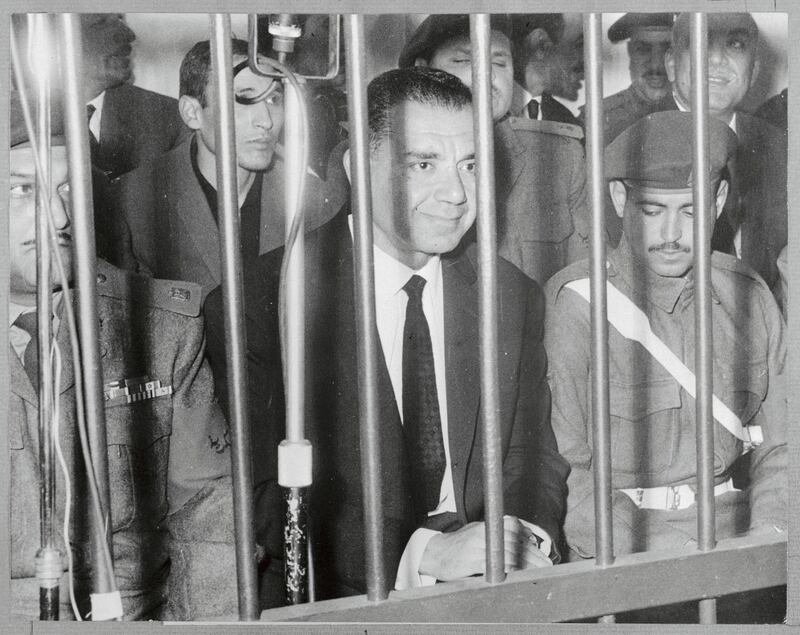Egypt's former defence minister, Shams Badran, died this week in the UK city of Plymouth at the age of 91, surrounded by his family, after battling several age-related diseases.
Badran was best known for his work to dismantle Muslim Brotherhood cells after their alleged plans to assassinate Gamal Abdel Nasser in 1965, Egypt's president at the time.
Badran was responsible for sending thousands of the Brotherhood, including leaders, to prison, extracting confessions about their cells at home and abroad, as well as their funding networks.
Born in Giza in 1929, Badran joined a military academy, graduating in 1948. He served immediately and was among the forces that were besieged by Israeli troops in Al Faluja in Palestine, and later joined the Free Officers Movement, led by Nasser and others, which brought about the Egyptian Revolution in 1952.
He was promoted and rose through the ranks to become the office manager of Field Marshal Abdel Hakim Amer, Commander in Chief of the Armed Forces, and Minister of War in 1966.
Shortly after Egypt's defeat in the Arab-Israeli war of 1967, Badran was tried with a group of army leaders on allegations of plotting a "bloody coup" against Nasser, and again the following year. He and several army leaders, such as Field Marshal Amer, were imprisoned, where Badran remained until May 23, 1974.
Released by president Anwar Sadat, he travelled to London to live out the rest of his days in self-imposed exile, never to return to his home country.
Mustafa Ragab, a leading member of the Egyptian community in London, said his body will be taken from the UK to Cairo, to be buried in Egypt.







